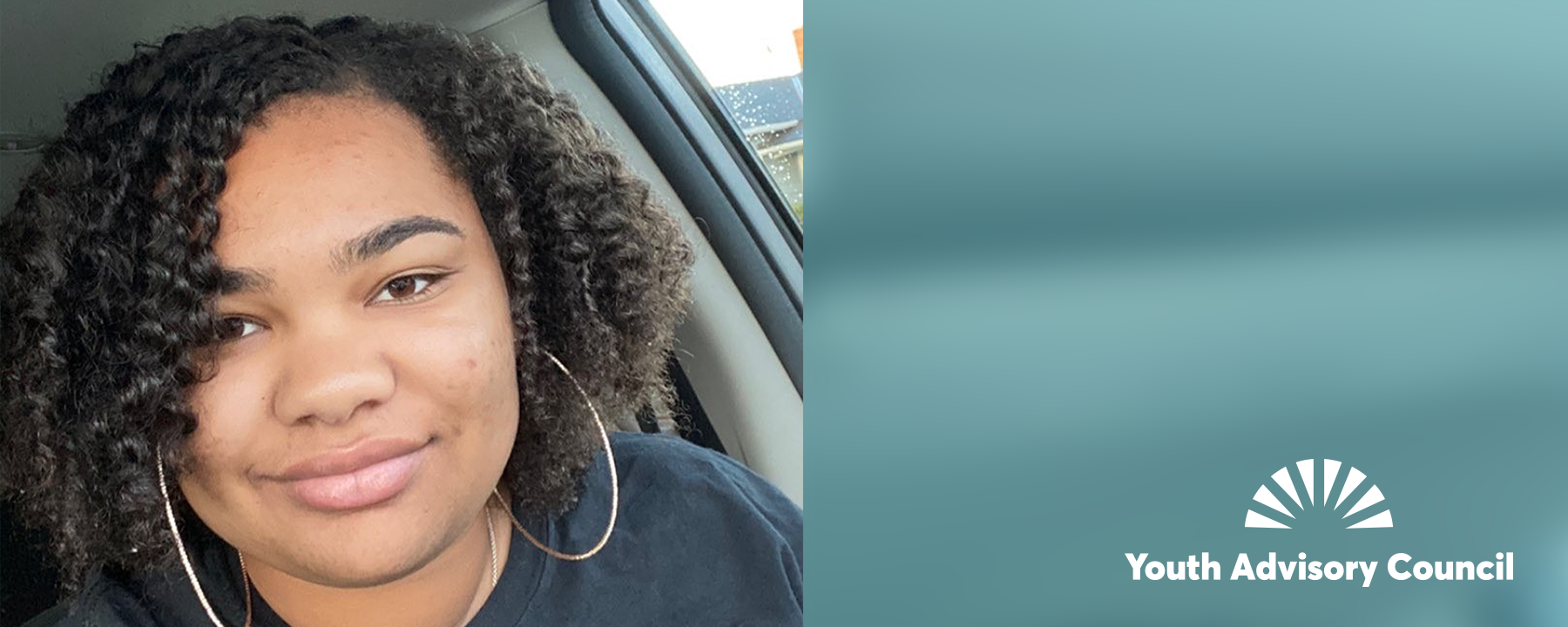Written by: Chaya Houston, Redondo Union High School student
Back in February, I was on a speaker panel with a diverse group of high school students. We were brought together with a prompt of “How to create a community that embraces everyone.” This was going to guide the flow of our conversation throughout the evening. The students on the panel were each diverse in their own way. I am the president of the Black Student Union at Redondo Union High School. There were other students who led or participated in clubs that promote diversity and school participation such as Latinx, LGBTQ, and ASB. I thought this was great because diversity is always seen as a group of minorities. However, this wasn’t just a panel of black or Latino kids. There were kids of different sexualities and races, including mixed race students. I felt that the high school experience in the Beach Cities was represented on the panel.
When I was asked to speak on the panel, I had no problems with the opportunity. I was taken out of my third period, and other students followed when an administrator presented the opportunity. Before the event I was able to meet some of the other panelists, who were all students from RUHS. We had a meeting where we met Dr. Earley and fellow speakers. This made me more comfortable with participating because I was told what I’d be doing and who I’d be doing this with. When the engagement came, there was a smaller turn out than I’d expected, so the event was more intimate. I think this made all of us more comfortable and willing to open up.
I felt comfortable participating in the event. I felt that it would only help my community using my voice. I was also able to hear views of other students who feel marginalized in their schools. This not only further enlightened me but showed how common this is throughout the high school experience. I felt secure that I could share my opinions without being judged by the students on the panel. There is always a bit of worry in the back of my mind about parents and others in the community, but I knew in that space I was free to speak my piece. Also, knowing this event was put on by Beach Cities Health District gave me comfort because I’ve worked and volunteered with them. I know how they operate at large events, and this provided familiarity and structure to the event for me personally as well.
After the event I felt good about what I’d done. I knew it was late and I was ready to get home. I got some instant gratification before I’d left the auditorium. Two teachers from RUHS who I didn’t recognize made a point to stop me. They told me that they had really liked my views on diversity in the school system, and that it was something they’d been feeling as well. Usually, when speaking on a panel you’re thinking about what you’re going to say, or there are lights in your face, and so many faces in the audience that you don’t know if people are really listening to you or connecting with what you’re trying to say. Having someone make a point to let you know that they heard you is very fulfilling because they went out of their way to let you know. I always want to be the person who takes the opportunity to be heard, but this experience has reinforced the importance of speaking up.
One takeaway I felt as a panelist is that I shouldn’t limit myself to one group. While we as people naturally form groups, there is no need to confine myself to where I feel comfortable. I naturally try to talk to people and make friends, but moving forward, I will also try to be a bridge between groups. While we as panelists are only a small group, if everyone was consciously trying to be a bridge, we’d be so much more inclusive.
There is a certain level of pressure and expectations in social situations, especially in a new environment. Everyone wants social interaction and we try to achieve it through common interests, which is how many groups form. We have an expectation of the groups we see and join. Being conscious of these biases will make it easier for me to stop adding to the separation.
The main takeaway I hope the attendees took from that panel is that high schoolers notice everything. We see how we fit into a certain group, and how we naturally form groups. Hopefully, attendees will want to encourage an environment where everyone feels comfortable.
Attendees should also have left with some food for thought. How is it that societal marginalization affects our self-perception and fuels our biases of others? Not only how do you feel when you go home with the stigma you carry, but how do others around you feel about theirs. Maybe these are conversations you’d want to have with friends, to broaden your perception. I feel it is important to question where these perceptions and stigmas come from. How did this all start, and more importantly, why is this continuing? If these were the takeaways of the attendees, I’d feel that we had a successful discussion.




